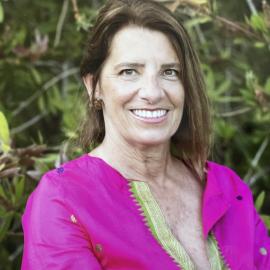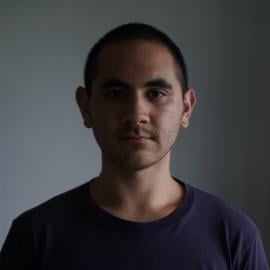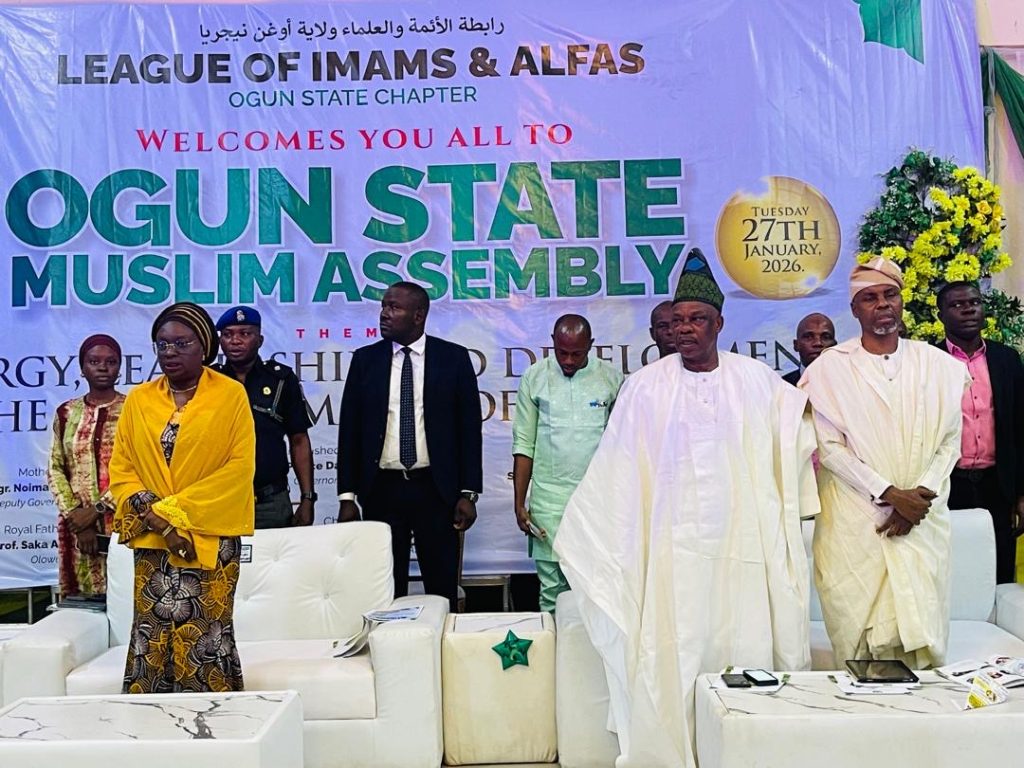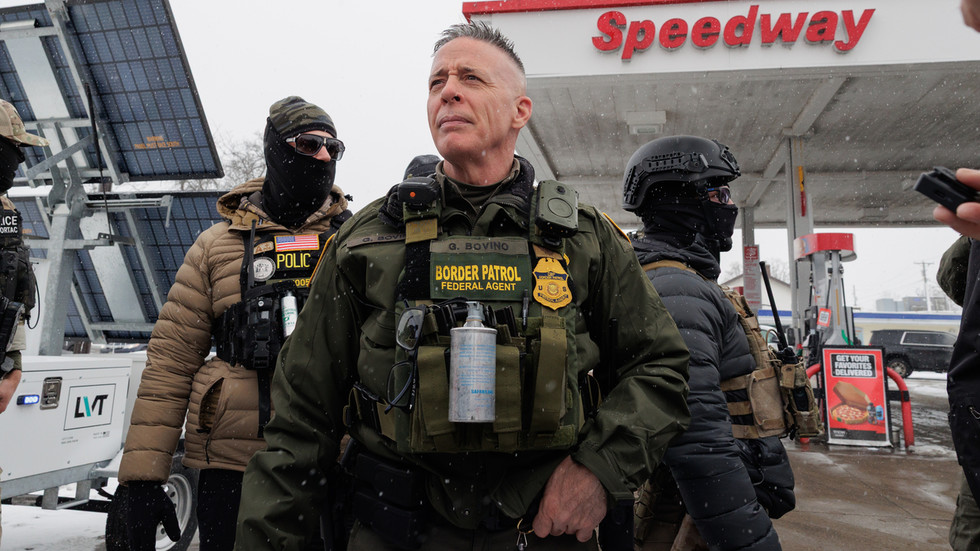‘What we need is sustainability.’
Feb 2, 2024


Paula Dupraz-Dobias
Co-editor and journalist at Geneva Solutions

Jacob Goldberg
Staff Editor and Reporter, Investigations
The day after Luz Vargas crossed the border from Venezuela into Colombia, a group of men forced her into a car and told her to forget her family in Venezuela. She would not be able to contact them again, they said.
Vargas thought they were joking. The former radiology assistant, now 38, decided in 2018 to leave her three children in Caracas to find a better-paying radiology job in Colombia. A friend arranged the transportation. She soon realised that her friend worked for traffickers.
“They took my documents, locked me in the room, and drugged me,” Vargas told The New Humanitarian late last year, recounting her experience. “I had to provide services to 10 or 20 men a day.”
Seven months later, Vargas managed to escape in the middle of the night, with nothing but the clothes she was wearing. She hailed a bus to Cúcuta, a Colombian city just across the border from Venezuela, in a violent coca-producing region. There, she worked as a prostitute to support herself.
Eventually, Vargas found help at the Frida Kahlo Foundation, a local, women-run NGO that offers therapy and vocational training to survivors of gender-based violence (GBV). The training allowed Vargas to find work selling fast food.
She was not alone. By 2023, people requiring assistance in Colombia due to GBV had doubled from 1.4 million in 2021 to 2.8 million, according to the UN.
In 2020, UN Secretary-General António Guterres warned of “a shadow pandemic” of GBV, in the midst of the COVID-19 pandemic. That warning prompted a $25 million grant from the UN Central Emergency Response Fund (CERF), announced in late 2020, to address GBV in 11 countries, including Colombia.
Local women-led or women’s rights organisations were to receive at least 30% of that money – a more than sixfold jump from the less than 5% of international GBV funds ordinarily sent to local groups. The rest was to be distributed to international NGOs or non-women-led implementing partners. The money was intended to help organisations working in humanitarian settings – like the Frida Kahlo Foundation, which received about $16,000 – respond to pandemic-era increases in GBV via prevention and survivor assistance programmes.
Throughout its two-year implementation period, the grant’s designers also hoped it would support local, women-led organisations to plan for the future and develop more sustainable funding. Empowering women-led organisations and contributing to the “localisation agenda” were goals of the grant, noted an independent assessment report commissioned by UNFPA and UN Women and published in August.
Now, months after the funding was distributed and spent, leaders from a handful of these women-led organisations who spoke with The New Humanitarian said that new funding opportunities are either scarce or non-existent, even as needs are rising. Some have had to shut down programmes; others are struggling to continue services that communities have come to depend on.
The funding they received, they said, offered a welcome Band-Aid for a short period but did little to help them build capacity to continue their work or nudge their organisations toward financial sustainability. Reporting requirements and limitations on how the funds could be spent also soured the experience, some grant recipients told The New Humanitarian and the authors of the August report. Some also pointed to what appeared to be a mismatch between their expectations and that of the groups administering the grants – the UN Population Fund (UNFPA) and UN Women – about the prospects of new or continued funding.
“We really appreciate all the support and funding they have been providing, but what we need is sustainability,” an official from a Palestinian organisation told the authors of the assessment report. “The funding shouldn’t limit the implementing organisations with certain activities within a certain period, then for another period to do different kinds of activities.”
As the report stated: “A lot of progress has been made through the project, but these organisations are very financially precarious, thus progress risks being lost if they cannot find funds to continue their activities.”
The report also questioned whether distributing “relatively small amounts to each local organisation… [and] attempting to address numerous challenges simultaneously, was the most effective strategy to take”, or whether the funds should have been “rolled out in fewer locations through a more well-resourced and integrated approach”.
Juliette Samman, research lead at the firm Samuel Hall, which produced the report, told The New Humanitarian that although the CERF funding “achieved progress in enhancing awareness of and response to gender-based violence” during its two-year span, recipients of the funding “highlighted that to really make a difference in fighting GBV, long-term projects are needed”.
Responding to the report, UNFPA spokesperson Eddie Wright said the agency is striving to boost women-led organisations’ leadership in local initiatives and has made it a priority to strengthen their capacity to access funding as implementing partners.
“With regard to the type of activities it can fund, UNFPA cannot go beyond its mandate,” he added.
Magaly Castañeda, director of the Frida Kahlo Foundation, is one of more than a dozen leaders of local groups that received CERF funding who spoke with The New Humanitarian. Their experiences, along with reporters’ review of the August assessment report and other public documents, point to hurdles and possible remedies for more effective international support to local groups working on the front lines of GBV response, even as needs and funding gaps increase.
“They told us that if we deliver good results, we may be able to access more funds,” Castañeda told The New Humanitarian in November, referring to UNFPA, which administered the foundation’s grant through an implementing partner – Fundacion Halü Bienestar Humano. The UN brought members of her organisation to Bogotá to present their project to other potential funding sources, she said.
But despite rising rates of femicide, sexual violence, and trafficking in Cúcuta since their CERF funding ran out, Castañeda said, “we did not receive any more funding”.
The women served by her foundation, she said, “are very worried about the situation for our organisation, knowing that at any moment we may have to close our doors due to a lack of resources”.
‘Challenging operational environment’
Long before the pandemic or the UN secretary general’s 2020 announcement, the need to respond to gender-based violence in humanitarian settings – much less build capacity to address or prevent it – has outstripped funding.
GBV affects 70% of women and girls in some humanitarian contexts – twice the rate outside humanitarian contexts, according to the UN’s emergency aid coordination body, OCHA. Nonetheless, in 2023, funds for GBV prevention made up less than 1% of humanitarian aid spending, according to calculations based on data published by OCHA’s Financial Tracking Service.
Between 2021 and 2023, a rise in GBV-related needs prompted the UN to amp up its funding requests for such assistance by nearly 40%. Despite this, available funding rose by less than 5%, according to calculations based on OCHA data.



